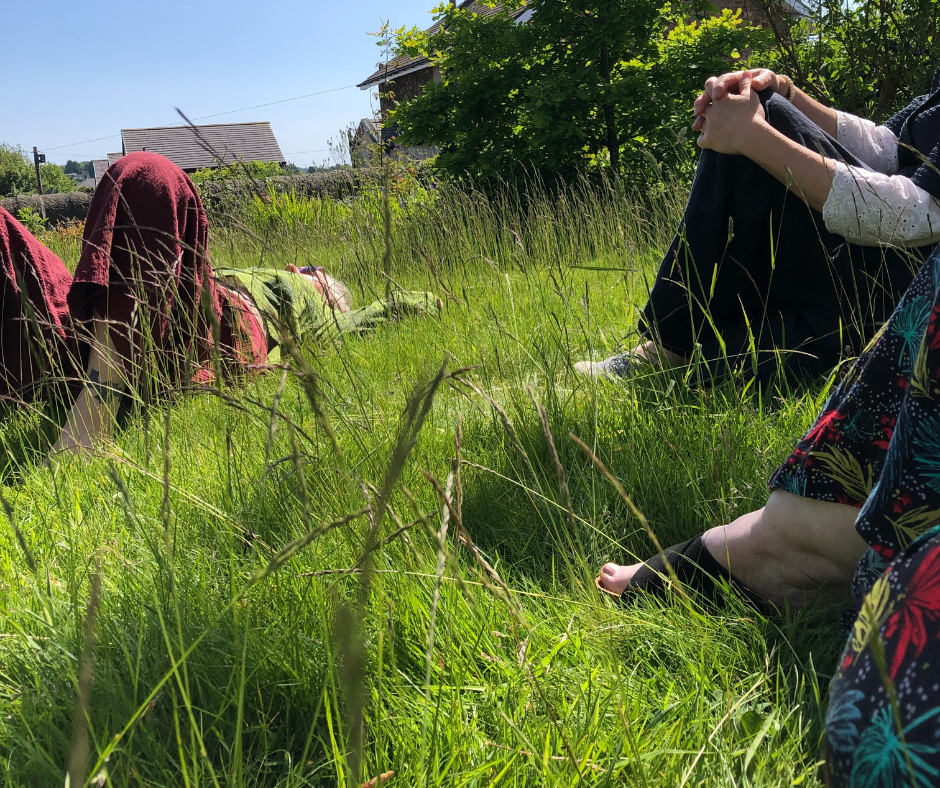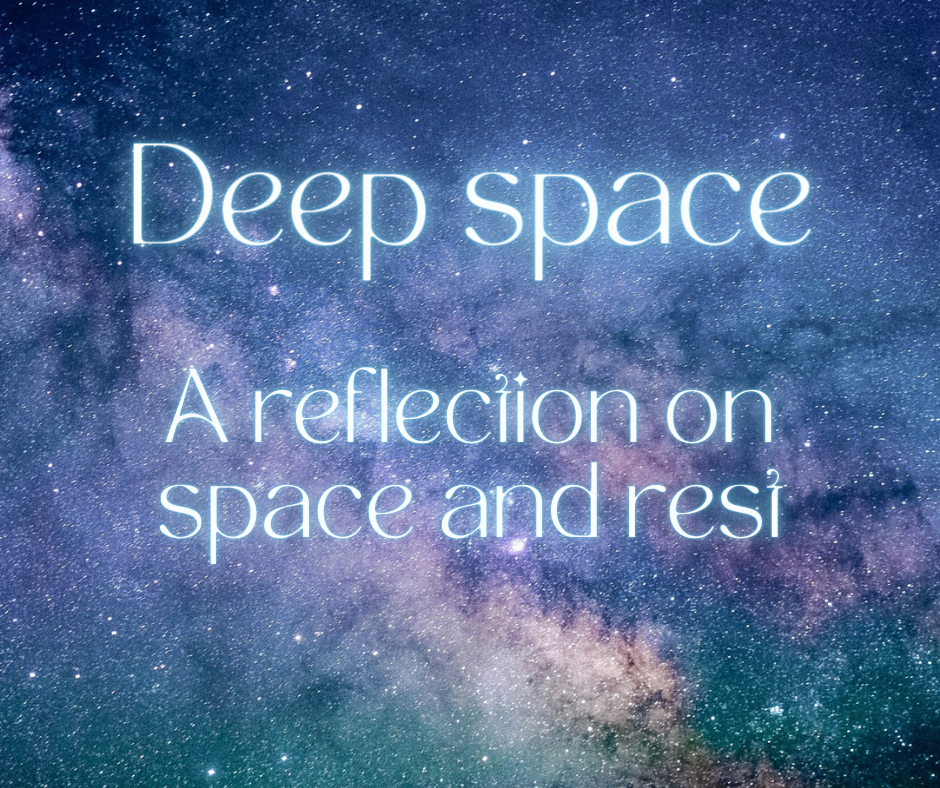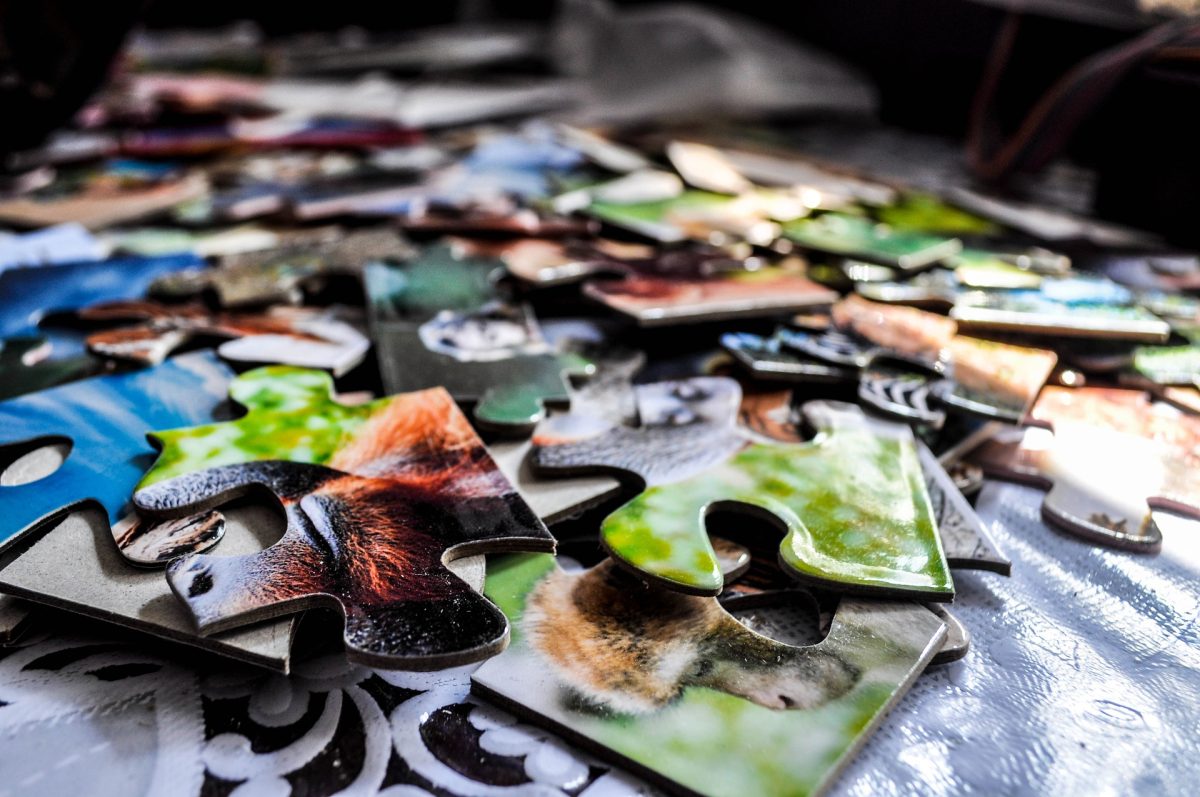Towards the end of 2024 I was awarded the honour of becoming a Hakomi trainer! This feels such a precious experience to me and my amazing trainers and mentors Vicky and Trudy came to Liverpool to celebrate and we went to my favourite restaurant to eat and share together. Last month I joined with other Hakomi trainers for my first gathering with them. It was lovely to be connected in this way together.
The news is being shared in various places and Vicky shared the news with our Hakomi Lancaster community. They will meet this coming weekend and I am sad to miss being with them. If you’ve been following here for a while, you may know I’ve been fortunate to be part of the Hakomi community since around 2012 and this is the longest gap I’ve taken from being at the weekends.
If you’re interested to learn more about my journey with Hakomi, I shared some of this in a recent Hakomi Education Network newsletter and thought I’d also share it here.
There have been so many things in my history that led me to discovering Hakomi; a deep love of biology and a real hunger to understand myself and others were part of that. You might say I’ve always been asking where I stand in relation to the many realms of life. Hakomi was like a missing piece of a jigsaw I didn’t even know I was looking for. Initially I wasn’t that interested in this as something other than a personal journey of self-discovery and a way to meet others. I was drawn to my practitioner certification after some years growing in community as part of Hakomi Lancaster and feeling my practice deepening in different ways; through seeing changes in my day to day life as well as my natural curiosity leading me to discussions with other students and exploring how we understood Hakomi as a practice. In particular, a group of us used to practise and study together – we were very excited to be learning Hakomi and there was joy in doing this together. From this group I came to know one of my closest friends. I also had the privilege of learning from wonderful trainers and mentors: Trudy and Vicky. There was a deep sense of community for me with them, Josh and others. Through my long history in education and a desire to give back to a community I felt was giving so much to me, and through the relationships that had grown between us, it seemed so natural and organic that I became more involved.
Timeline:
• My journey with Hakomi started in January 2012 and I attended weekend trainings in Lancaster as well as some of the retreats in Sheffield and Devon for a longer, more immersive experience.
• I completed my 45 days of training in May 2016 and started practising and studying with three others in a regular group. During this time we offered free sessions to other Hakomi students and anyone interested in exploring themselves in this way.
• I went on to be certified as a Hakomi Practitioner in May 2018 and from then started assisting the Hakomi Lancaster training team. I also started offering workshops, practice groups and coaching groups in-person and online.
• I became a Hakomi Teacher in November 2020 and started teaching with Trudy and Vicky in 2021 as part of Hakomi Lancaster and most recently I have become a Hakomi Trainer, made official in August 2024.
My own explorations are taking me deeper into understanding my own neurodivergence and queerness and how embodied these experiences are. I can see that some of how I stand in relation to the many realms of being human is with some differences and I’m really interested and excited to bring these differences into my Hakomi offerings.
For anyone interested in learning about Hakomi and becoming certified, in the method, I can say this has always been a path of love for me, my only advice is to follow your heart.
In being welcomed into the Hakomi trainers team, I was inspired to write a poem that I think captures something of my process and where I stand in relation to Hakomi:
Always
by Jamie Fearn
It was never about becoming,
Or certificates or money.
Never about rubber stamps,
Or change and transformation.
It was never about doing or having or knowing.
Never even about learning, although I suspect that did happen too!
It was always about this different place,
where I meet you;
Right at the edge of where I end and you begin.
It was always about the gentle holding of a heart, or a hand or feet.
The rambunctious bleating and lowing and laughing!
The leaning in to solidity,
And the gruesome willingness to travel together even when it gets hard.
Into the thick of it,
Right to the heart.
It was always about love.





